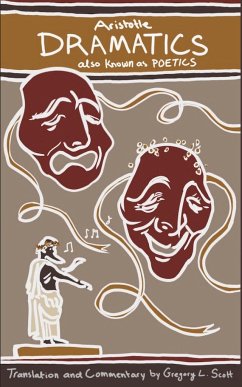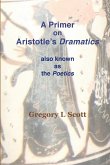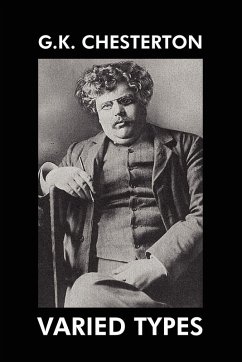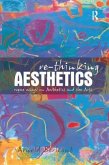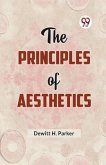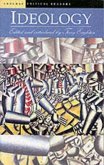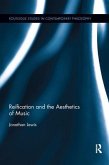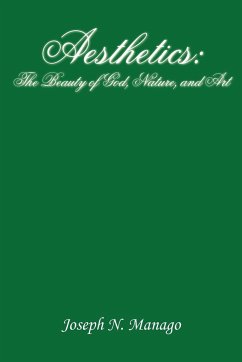This is the first translation and commentary of Aristotle's work that assumes the Northern Greek from Stagira employs the sense of poi¿sis given by Diotima in Plato's Symposium, mousik¿ kai metra ("music-dance and verse"), rather than the sense coined by the sophist Gorgias around 415 BCE, "language in meter." Perennial problems-like why the treatise has not one poem and why the Stagirite never even mentions the purely literary genres in a work long known as the Poetics-therefore simply dissolve. Aristotle's theory, which focusses on musical drama and which has music and dance in the definition of tragedy, concentrates on only three art forms: tragedy, comedy and epic (which is noted in its definition to be "dramatic" and which was performed by rhapsodes typically singing, with gestures that count as "ordered body movement" or dance for the Greeks). Against a long-standing condemnation of Aristotle's exclusively literary and textual bias, Scott's interpretation reveals the Northern Greek to be much more sensitive to music, dance and other issues of performance of contemporary concern in the study of drama. The translation is an emendation of one of the most renowned versions of the 20th century, by Ingram Bywater (1920), and corrects the seven core Greek terms, along with the 10 chapters (of 26), that have been misunderstood for generations. It takes advantage of the acclaimed Greek text by L. Tarán and D. Gutas (Editio Maior, 2012) that itself has no translation. The rigorous arguments for Scott's revolutionary approach are given in his previous publications by Cambridge and Oxford University presses (1999 and 2003 respectively) and especially in Aristotle on Dramatic Musical Composition: The Real Role of Literature, Catharsis, Music and Dance in the POETICS ("ADMC," 2016; 2nd ed., 2018).
Hinweis: Dieser Artikel kann nur an eine deutsche Lieferadresse ausgeliefert werden.
Hinweis: Dieser Artikel kann nur an eine deutsche Lieferadresse ausgeliefert werden.

